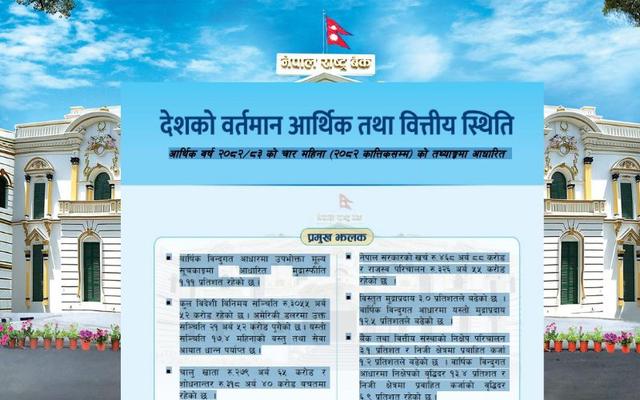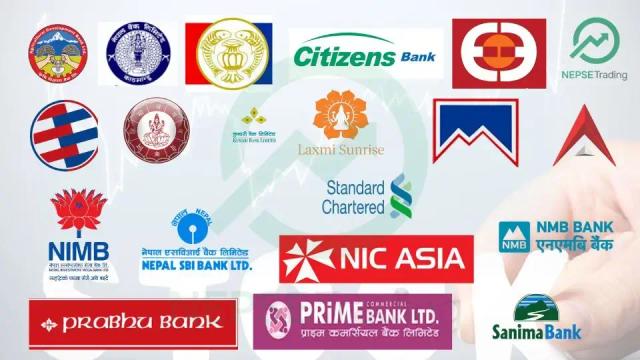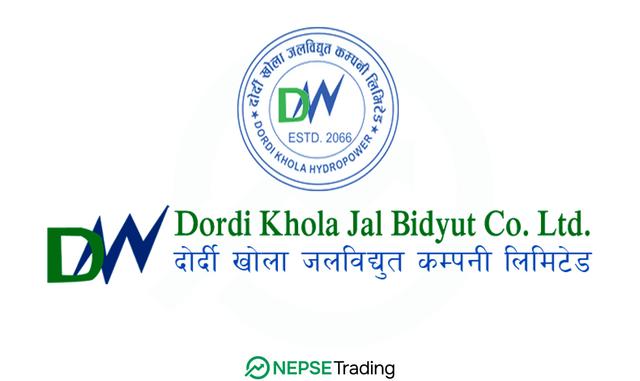Government Lowers the Threshold for Defining “Significant Ownership” in Banks and Financial Institutions
Author
Nepsetrading

Kathmandu, June 4, 2025 – In a significant regulatory update, the government has amended the definition of “significant ownership” in the banking and financial sector, reducing the threshold from 2% to 1% of the paid-up capital.
Previously, the law defined “significant ownership” as a stake of 2% or more in a bank or financial institution. The revised clause, as amended under Section 2, Clause (c), now considers any person or entity holding 1% or more of the paid-up capital as a significant owner.
This change is expected to have a considerable impact on the governance and transparency of banks and financial institutions in the country. By lowering the threshold, the authorities aim to tighten regulatory oversight and increase accountability among shareholders.
According to experts, this amendment aligns with international best practices, where even minor stakes in financial institutions are subject to scrutiny to prevent undue influence and ensure stability. It also ensures that ownership structures are transparent, enabling regulators to monitor potential risks more effectively.
A senior official from the Nepal Rastra Bank stated, “This change will bring smaller shareholders into the ambit of regulatory supervision. It is an important step in strengthening corporate governance and reducing the risk of excessive control by a small group of shareholders.”
Banking sector analysts predict that this move will lead to a wave of disclosures and adjustments in ownership structures. Financial institutions will now have to update their records and submit detailed reports on shareholders with 1% or more ownership.
Additionally, the amendment is expected to discourage hidden control and enhance the resilience of the financial sector by spreading ownership more widely. Smaller investors with significant influence will now be held to the same standards as larger shareholders.
Overall, the amendment is a proactive measure aimed at fostering stability, good governance, and trust in Nepal’s financial system.



